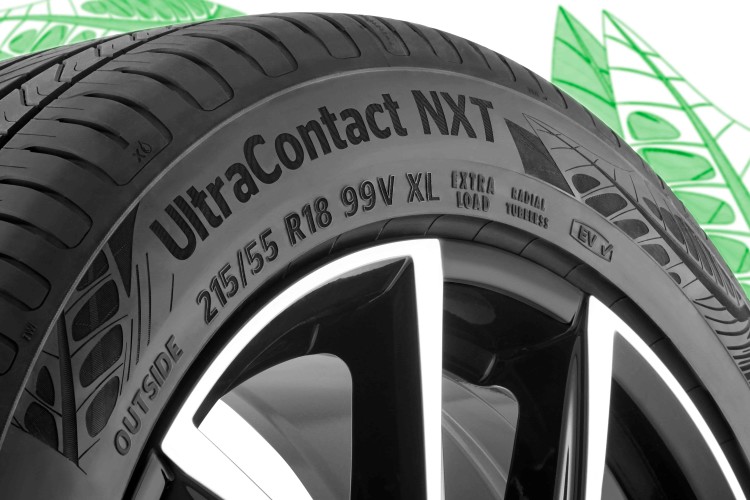Continental Guides Fleets to EU Taxonomy
Continental Aktiengesellschaft

Continental has introduced an information portal aimed at equipping transport and logistics fleets with comprehensive guidance on how to navigate the intricate landscape of EU Taxonomy requirements.
This online resource includes an instructive video, and you can access it here. The EU Taxonomy represents a groundbreaking classification system strategically designed to channel orders and investments toward eco-friendly, sustainable economic activities.
The EU Taxonomy, an integral facet of the European Green Deal and the "action plan on financing sustainable growth," plays a pivotal role in promoting transparency and aiding consumers and investors in making well-informed decisions.
This pioneering system assists investors in making choices that steer their investments toward endeavours recognised as environmentally sustainable. In turn, this encourages companies across the EU to progressively make their economic operations more environmentally friendly.
The Taxonomy evaluates business activities in terms of their environmental impact, thereby fostering a continuous drive among companies to mitigate any adverse effects their operations may have on the environment and climate.
This framework also fosters transparency in the industry, enabling consumers to make comparisons and opt for products and services from companies that actively contribute to meeting climate objectives. Likewise, it offers significant advantages for investors interested in supporting sustainable businesses.
It's important to note that the EU Taxonomy doesn't solely pertain to the financial sector. It extends its purview to encompass companies in the transportation industry, including logistics.
Notably, climate action and the reduction of carbon emissions represent particularly significant objectives for companies in this sector. This is underscored by the fact that the transport industry, according to Eurostat, contributes approximately 25% of the total 3.54 billion metric tonnes of CO2-equivalent emissions generated in the EU as of 2021. Of this, road transport accounts for 740 million metric tonnes of CO2, with trucks and buses contributing an additional 207 million metric tonnes.
To reduce the carbon footprint of their activities, companies can adopt various measures, such as investing in low-emission or zero-emission propulsion systems and enhancing vehicle energy efficiency by equipping them with energy-efficient tires.
The EU tire label acts as a guide, indicating which products adhere to Taxonomy standards. These products must fall into the top two classes, or the best class, for rolling resistance and external noise, provided that more than one tire model is available on the market, as per the EPREL product database.
Continental, in line with its Lowest Overall Driving Costs (LODC) consultancy approach, is committed to furnishing transport fleets with information on how to align with Taxonomy requirements.
The company is actively engaged in reporting on the system's ongoing development. Moreover, Continental's customer advisors offer personalised guidance to fleet operators seeking products that meet regulatory standards.
It's important to note that while reporting is currently voluntary for many companies, the obligation to report will progressively encompass a larger portion of the industry from 2025 onward, reflecting the dynamic evolution of these regulations.
Transport companies that take proactive steps to prepare their vehicle fleets for the future, aligning them with Taxonomy provisions, gain a strategic edge over their competition. They can leverage their reduced carbon footprint as a compelling selling point, especially when dealing with clients who are already obligated to meet Taxonomy reporting requirements due to their size.
Consequently, while implementing the EU Taxonomy initially presents challenges for the transport sector, it also offers a unique opportunity for companies to distinguish themselves in the market. What's more, investments in vehicle energy efficiency generally yield a return on investment, as reduced fuel and energy consumption translate to lower operating costs. Tires play a pivotal role in this regard, as they significantly impact fleet operational costs, constituting 50% of the total expenses incurred.
To view and compare company ESG Ratings and Sustainability Reports, visit our Company ESG Profiles page.
Source: Continental





